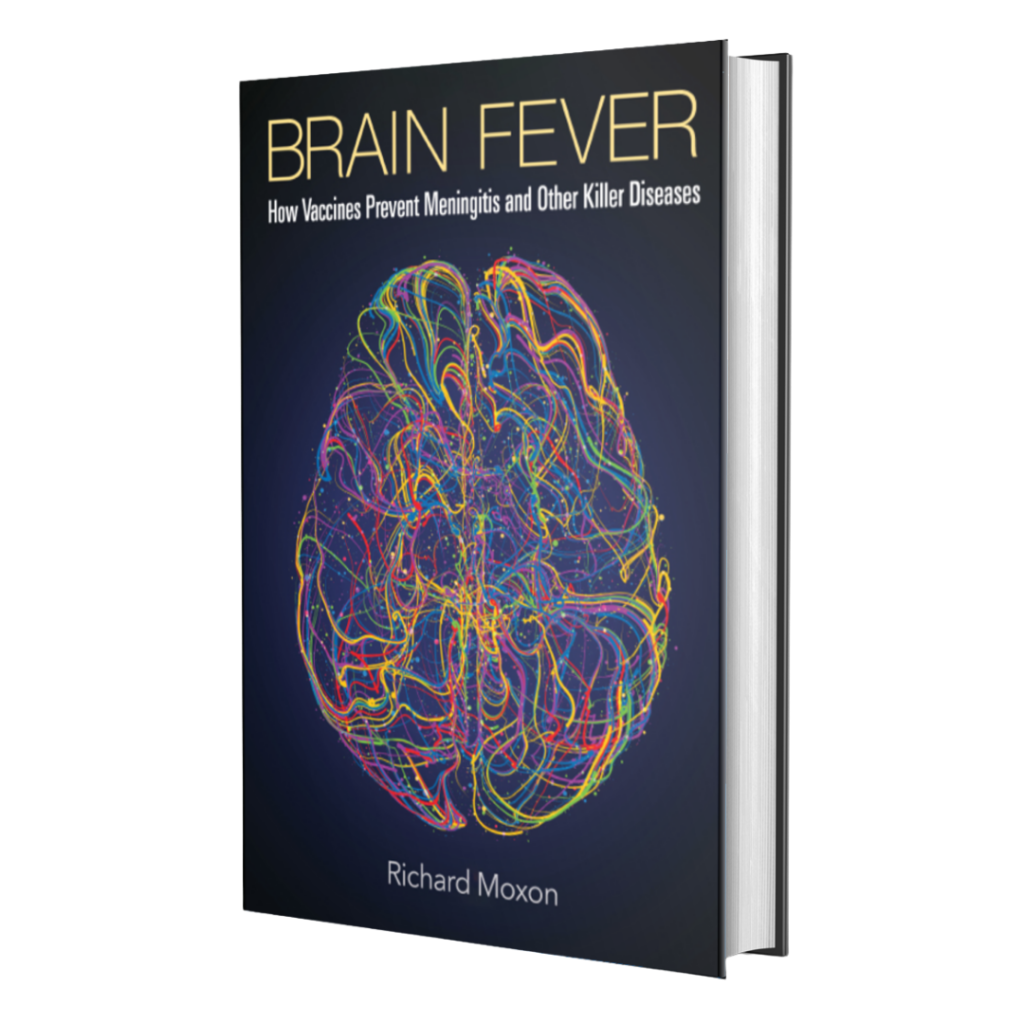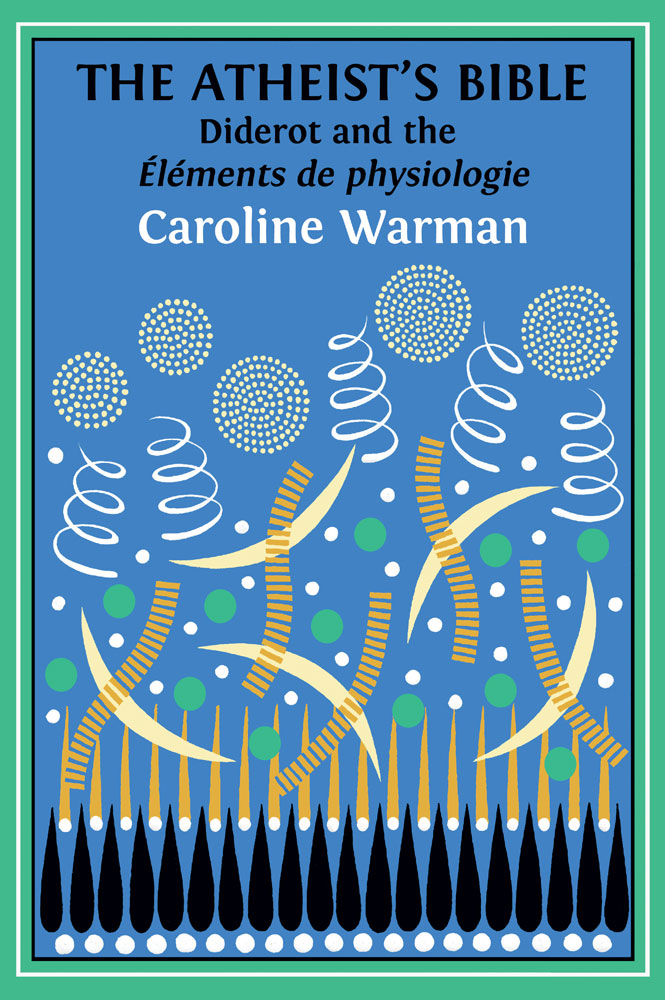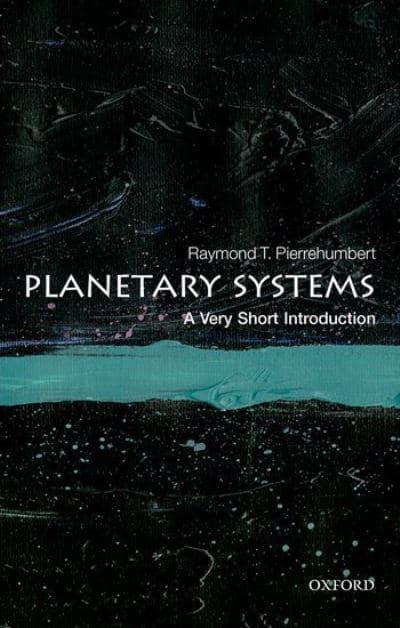As we wave goodbye to 2021, here’s a round-up of the books for general audiences published by Jesus College Fellows over the past year or so, to inspire your 2022 reading list. In support of our local bookshop, all title links will direct you to the Blackwell’s website.
BRAIN FEVER – HOW VACCINES PREVENT MENINGITIS AND OTHER KILLER DISEASES (World Scientific, 2021)
Professor Richard Moxon FRS, Emeritus Fellow
Over the past two years, the subject of vaccination has never been far from the headlines. In Brain Fever, internationally renowned medical scientist, pediatrician, and founder of the Oxford Vaccine Group, Richard Moxon, traces the story of his involvement as one of the extraordinary and inspiring group of scientists who pioneered the development of vaccines to prevent bacterial meningitis. As we are learning from the current pandemic, it is vaccines we rely on to fight and overcome the devastation caused by virulent pathogens. Richard’s message is clear: no other intervention in the history of medicine confers a greater public health benefit than immunisation.
HOW TO INNOVATE: AN ANCIENT GUIDE TO CREATIVE THINKING – ANCIENT WISDOM FOR MODERN READERS (Princeton University Press, 2021)
What we can learn about fostering innovation and creative thinking from some of the most inventive people of all times-the ancient Greeks?
When it comes to innovation and creative thinking, we are still catching up with the ancient Greeks. Between 800 and 300 BCE, they changed the world with astonishing inventions-democracy, the alphabet, philosophy, logic, rhetoric, mathematical proof, rational medicine, coins, architectural canons, drama, lifelike sculpture, and competitive athletics. None of this happened by accident. Recognizing the power of the new and trying to understand and promote the conditions that make it possible, the Greeks were the first to write about innovation and even the first to record a word for forging something new. In short, the Greeks “invented” innovation itself-and they still have a great deal to teach us about it.
How to Innovate is an engaging and entertaining introduction to key ideas about-and examples of-innovation and creative thinking from ancient Greece. Our Classics Fellow provides lively new translations of selections from Aristotle, Diodorus, and Athenaeus, with the original Greek text on facing pages. These writings illuminate and illustrate timeless principles of creating something new-borrowing or adapting existing ideas or things, cross-fertilizing disparate elements, or criticizing and disrupting current conditions.
THE ATHIESTS’S BIBLE: DIDEROT’S ‘Éléments De Physiologie’ (Open Book Publishers, 2020)
Professor Caroline Warman, Zeitlyn Fellow and Tutor in French
Caroline’s book explores the fascinating history of one of the eighteenth century polymath’s most significant but little known works and its impact on the dissemination of anti-religious materialist arguments through the French Revolution, and on the country’s academic institutions.
PLANETARY SYSTEMS: A Very Short Introduction (OUP, 2021)
Professor Ray Pierrehumbert, Halley Professor of Physics and Professorial Fellow
Not long ago, the Solar System was the only example of a planetary system – a star and the bodies orbiting it – that we knew. Now, we know thousands of planetary systems, and have even been able to observe planetary systems at the moment of their birth. This Very Short Introduction explores this new frontier, incorporating the latest research. Ray’s recently published book takes the reader on a journey through the grand sweep of time, from the moment galaxies begin to form after the Big Bang to trillions of years in the future when the Universe will be a dilute soup of dim galaxies populated mostly by red dwarf stars.
Throughout, Ray introduces the latest insights gained from a new generation of telescopes that catch planetary systems at the moment of formation, and to the theoretical advances that attempt to make sense of these observations. He explains how the elements that make up life and the planets on which life can live are forged in the interiors of dying stars, and make their way into rocky planets. He also explores the vast array of newly discovered planets orbiting stars other than our own, and explains the factors that determine their climates. Finally, he reveals what determines how long planetary systems can live, and what happens in their end-times.
THE WONDER BOOK OF GEOMETRY – A MATHEMATICAL STORY (OUP, 2020)
David Acheson, former Tutor in Mathematics
How can we be sure that Pythagoras’s theorem is really true? Why is the ‘angle in a semicircle’ always 90 degrees? And how can tangents help determine the speed of a bullet? David Acheson takes the reader on a highly illustrated tour through the history of geometry, from ancient Greece to the present day. He emphasizes throughout elegant deduction and practical applications, and argues that geometry can offer the quickest route to the whole spirit of mathematics at its best. Along the way, we encounter the quirky and the unexpected, meet the great personalities involved, and uncover some of the loveliest surprises in mathematics.





